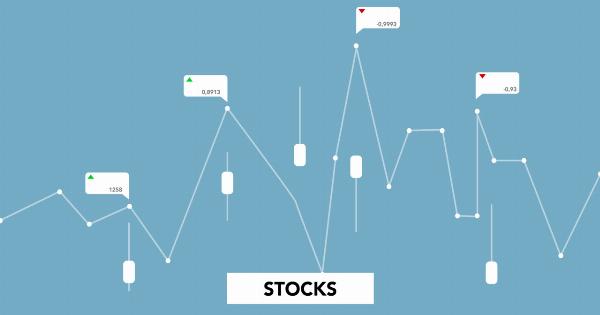Have you ever found yourself feeling guilty about something you did (or didn’t do), only to then forget important details about the situation? Turns out, this isn’t just a coincidence.
Studies have shown that feeling guilty and forgetfulness are linked in unique ways.
What is guilt?
Guilt is a common emotion that we all experience at some point in our lives. It’s typically triggered by something we did wrong or failed to do. When we feel guilty, we often experience negative emotions like shame, regret, or self-blame.
We may feel like we’ve let ourselves or others down, and we might even punish ourselves for our mistakes.
What is forgetfulness?
Forgetfulness is a common occurrence that happens to everyone from time to time. It can range from forgetting where you put your keys to forgetting an important meeting or appointment.
While it’s normal to forget things occasionally, frequent forgetfulness can be a sign of a bigger problem.
How are guilt and forgetfulness connected?
Research has shown that feeling guilty can actually impair our memory and cognitive functions.
When we’re consumed by negative emotions like guilt, our brains can become overwhelmed, making it harder for us to remember important details or information. In fact, a study conducted by the University of California found that people who were forced to feel guilty about something they’d recently done were more likely to forget details about a separate event that occurred just days earlier.
Why does guilt impair our memory?
There are several theories as to why guilt impairs our memory. One theory suggests that when we feel guilty, our brains become hyper-focused on the negative emotions we’re experiencing.
This makes it harder for us to concentrate on anything else, including important information we need to remember. Another theory suggests that guilt triggers the release of stress hormones, which can interfere with our ability to encode and retrieve memories.
How can we overcome guilt-induced forgetfulness?
If you often find yourself forgetting important details when you’re feeling guilty, there are some steps you can take to minimize the impact:.
- Give yourself permission to forgive yourself: Let yourself off the hook for your mistakes, and remind yourself that everyone makes mistakes.
- Practice mindfulness: This can help you stay present and focused on the moment at hand, rather than worrying about the past.
- Take breaks: If you’re feeling overwhelmed by guilt, take a break and engage in a relaxing activity like reading, taking a walk, or meditating. This can help to reduce stress and improve your overall well-being.
- Seek support: Talking to a trusted friend or therapist can help you process your feelings of guilt and gain some new perspective.
The bottom line
Guilt and forgetfulness are linked in unique ways, and feeling guilty can impair our memory and cognitive functions.
If you frequently find yourself forgetting important details when you’re feeling guilty, taking steps to address your guilt can help you improve your overall well-being and cognitive function.



























